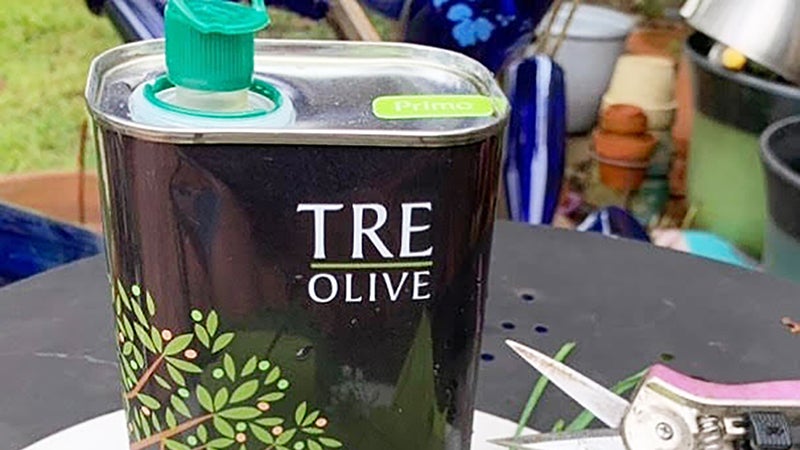HEALTHY LIVING — The effects of alcohol on diabetes
Published 12:07 am Friday, September 13, 2019
If you have diabetes, drinking alcohol may cause your blood sugar to either rise or fall. Plus, alcohol has a lot of calories.
It is a good idea to check with your doctor to see if drinking alcohol is safe for you.
If you drink, do it occasionally and only when your diabetes and blood sugar levels are well-controlled. If you are following a calorie-controlled meal plan, one drink of alcohol should be counted as two fat exchanges.
Here are some other ways that alcohol can affect diabetes:
- While moderate amounts of alcohol may cause blood sugar to rise, excess alcohol can actually decrease your blood sugar level — sometimes causing it to drop into dangerous levels, especially for people with type 1 diabetes.
- Beer and sweet wine contain carbohydrates and may raise blood sugar. Nutritionally, beer is known as “liquid bread,” due to the high carb content.
- Alcohol stimulates your appetite, which can cause you to overeat and may affect your blood sugar control.
- Alcoholic drinks often have a lot of calories, making it more difficult to lose excess weight.
- Alcohol may also affect your judgment or willpower, causing you to make poor food choices.
- Alcohol can interfere with the positive effects of oral diabetes medicines or insulin.
- Alcohol may increase triglyceride levels or blood pressure.
- Alcohol can cause flushing, nausea, increased heart rate, and slurred speech. These may be confused with or mask the symptoms of low blood sugar.
People with diabetes who drink should follow these alcohol consumption guidelines:
- Do not drink more than two drinks of alcohol in a one-day period if you are a man, or one drink if you are a woman. (Example: one alcoholic drink = 5-ounce glass of wine, 1 1/2-ounce “shot” of liquor or 12-ounce beer)
- Drink alcohol only with food.
- Drink slowly.
- Avoid “sugary” mixed drinks, sweet wines, or cordials.
- Mix liquor with water, club soda, or diet soft drinks.
- Always wear a medical alert piece of jewelry that says you have diabetes.
I know this sounds a lot like preaching, but something I will never forget is the time I was a volunteer in the emergency room at a local hospital. I took a urinal in for a diabetic patient to use and when he sat up, both of his legs had been amputated above the knee. The effects of diabetes include amputation, blindness, increased risk of stroke, increased infections, nerve damage and kidney damage that can lead to death. Is that drink worth it?
Take care, always consult with your doctor, and moderation in all things.
Jody Holton writes about healthy living for The Port Arthur News






